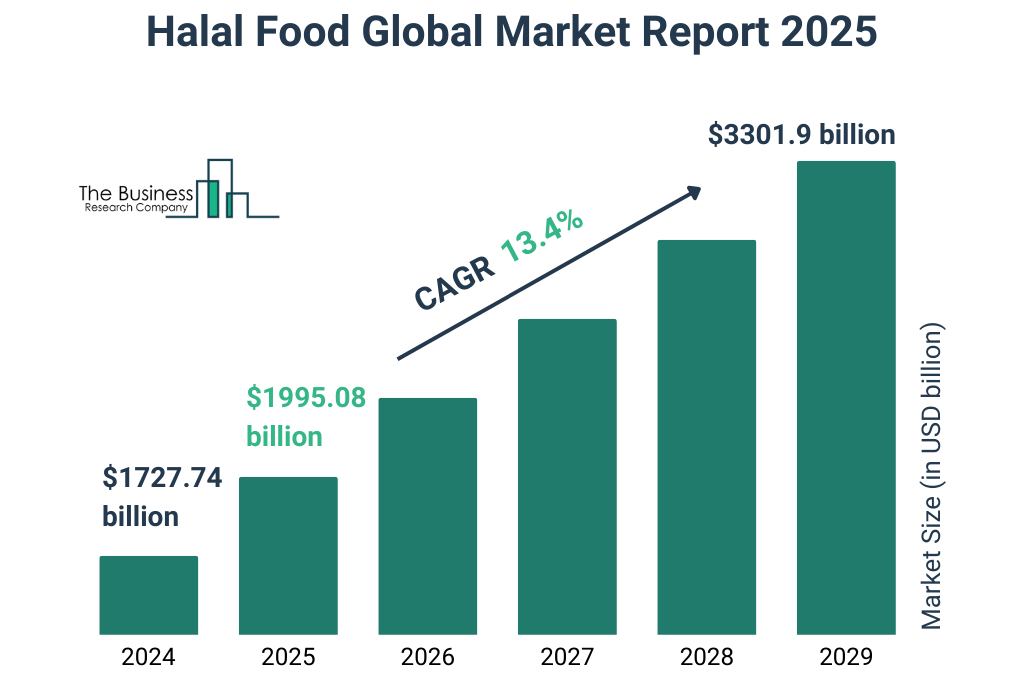Navigating Halal Certification for Middle East & ASEAN Export Markets
In today’s global marketplace, Halal certification has become more than just a religious requirement—it's a powerful trade enabler, especially for exporters targeting Middle Eastern and ASEAN countries. With a population exceeding 1.9 billion Muslims worldwide, the demand for Halal-certified food, beverages, cosmetics, and personal care products continues to rise. For Indonesian exporters of organic products such as spices, coconut derivatives, and natural ingredients, understanding the importance of Halal compliance is critical to market access and competitiveness.
Admin
6/3/20252 min read


What Is Halal Certification?
Halal (حلال) is an Arabic term meaning “permissible” in Islamic law. Halal certification ensures that:
Products are free from any forbidden (haram) substances
Processing and handling follow Islamic guidelines
The production chain is clean, traceable, and ethical
In many Muslim-majority countries, Halal certification is legally required for imports of food and consumer goods.
Why It Matters for Middle East & ASEAN Markets
Countries such as Saudi Arabia, UAE, Malaysia, and Indonesia enforce strict Halal import regulations. Here's how it affects exporters:
RegionRequirementMiddle EastMust have certification from a recognized Halal body; label compliance is mandatoryMalaysiaRequires certification from JAKIM-recognized Halal authoritiesIndonesiaMandatory Halal labeling under UU No. 33 Tahun 2014 (Halal Law)Singapore/BruneiHighly regulated and closely monitored import processes
Exporters without Halal certification risk border rejections, penalties, or loss of buyer trust.
Which Products Require Halal Certification?
Organic coconut products (e.g., coconut sugar, desiccated coconut, VCO)
Herbs and spices (whole or powdered)
Processed foods & beverages
Nutraceuticals and supplements
Personal care products containing natural oils or botanical ingredients
Even products that are inherently plant-based may still require Halal certification due to potential contamination during processing or packaging.
Steps to Obtain Halal Certification
Choose a Recognized Certifying Body
Indonesia: LPPOM MUI or BPJPH
Global: Must be recognized by the importing country (e.g., GAC/UAE, SFDA/Saudi)
Audit of Supply Chain and Facility
Full ingredient disclosure
No cross-contamination with haram products (e.g., alcohol, pork-derived enzymes)
Training & SOP Implementation
Staff training on Halal principles
Halal Assurance System (HAS) documentation
Labeling & Packaging Review
Use Halal logo as per destination market rules
Comply with local labeling laws (e.g., Arabic labeling for GCC)
Halal as a Market Advantage
Beyond compliance, Halal certification provides commercial benefits:
Access to high-growth markets (e.g., UAE, Qatar, Malaysia)
Builds trust with Muslim consumers
Enhances brand credibility and ethical perception
Often a requirement for institutional and B2B sales
PT Linggau Jaya Eksportir: Your Halal-Compliant Partner
We understand the needs of Muslim markets. That’s why:
All of our organic coconut products, spices, and herbal goods are available with Halal certification
We work with recognized Halal authorities for international compliance
We offer private labeling solutions with Halal logo integration
Our team supports document preparation and export clearance
Conclusion: Grow with Halal Confidence
As global consumers become more conscious of ethics, ingredients, and standards, Halal certification is no longer optional—it’s essential. By investing in certification and building trust through compliance, Indonesian exporters can unlock new markets, increase revenues, and build long-term international partnerships.
📩 Need help navigating Halal requirements for your product?
Contact our team at contact@llgexport.com
🌐 Visit: www.llgexport.com
PT Linggau Jaya Eksportir – Trusted Halal Certified Supplier of Organic Spices & Coconut Products from Indonesia



